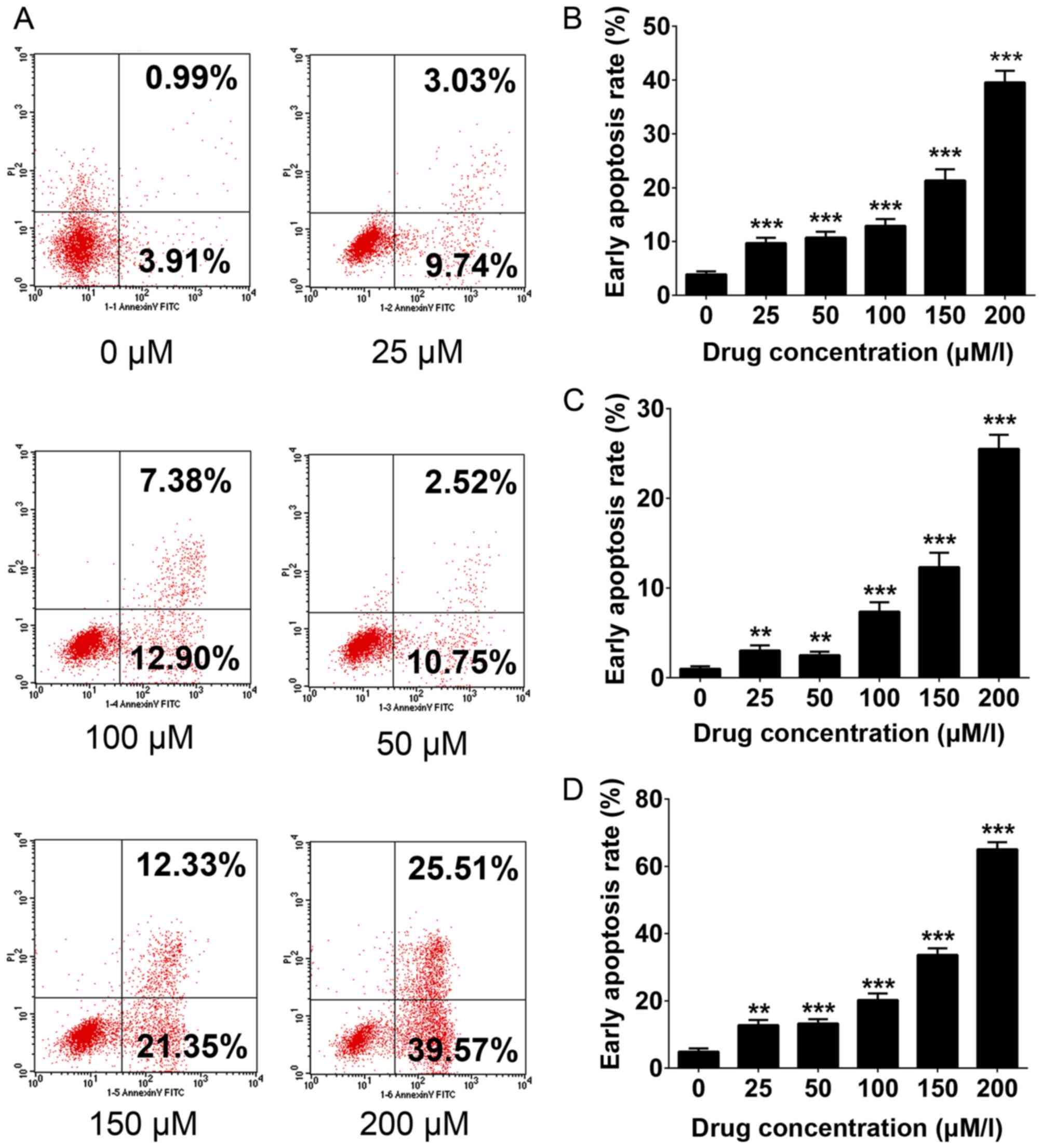

Since blockade of PD-1-PDL1 pathway leads to more Tfr cells and fetal losses, the reproductive safety must be taken into consideration when PD-1/PD-L1 checkpoint blockade immunotherapy is used in pregnancy. Overall, our results are the first to present a correlation of Tfr cells accumulation with healthy allogeneic pregnancy and PDL1 blockade-induced miscarriage, and to indicate that appropriate assembly of Tfr cells is important for pregnancy maintenance. However, PDL1 blockade affected neither the ratio of Tfh/Tfr cells nor the maturation and differentiation of B cells. In addition, the absence of PDL1 resulted in increased fetal resorption by favoring Tfr cells accumulation and upregulating PD-1 expression on these cells.

Herein, we introduced an allogeneic normal-pregnant mouse model and found that CD4 +CXCR5 hiPD-1 hiFoxp3 + Tfr cells were preferentially accumulated in the uterus at mid-gestation and displayed a distinct phenotype. Although accumulating evidence has demonstrated that dysregulations of Tfr cells can bring on various immunological diseases, their immunomodulatory roles during pregnancy still remain unheeded. T follicular regulatory (Tfr) cells exert a suppressive effect on Tfh-cell expansion, B-cell response, and antibody production. Cells were enumerated performed using the FlowJo 7.6.1 software, and final yield per before analyses, and the purity confirmed by flow cytometry. A successful pregnancy requires sophisticated regulation of uterine microenvironment to guarantee the existence of semi-allogeneic conceptus without immune rejection.


 0 kommentar(er)
0 kommentar(er)
